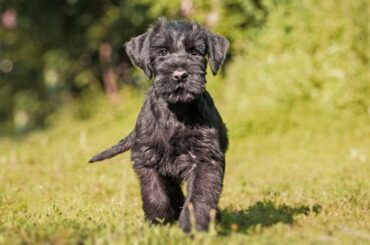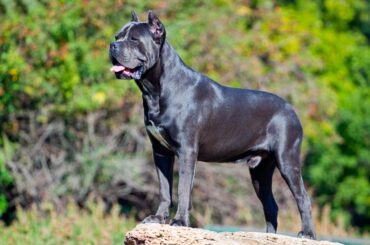Table of Contents
A Complete Guide to Belgian Sheepdog Puppies
These delightful fur-balls are more than just adorable companions; they embody a rich heritage of herding prowess and unwavering loyalty. In this article, we embark on a journey into the captivating universe of Belgian Sheepdog puppies, exploring their unique characteristics, care requirements, and the joy they bring to households lucky enough to have them.
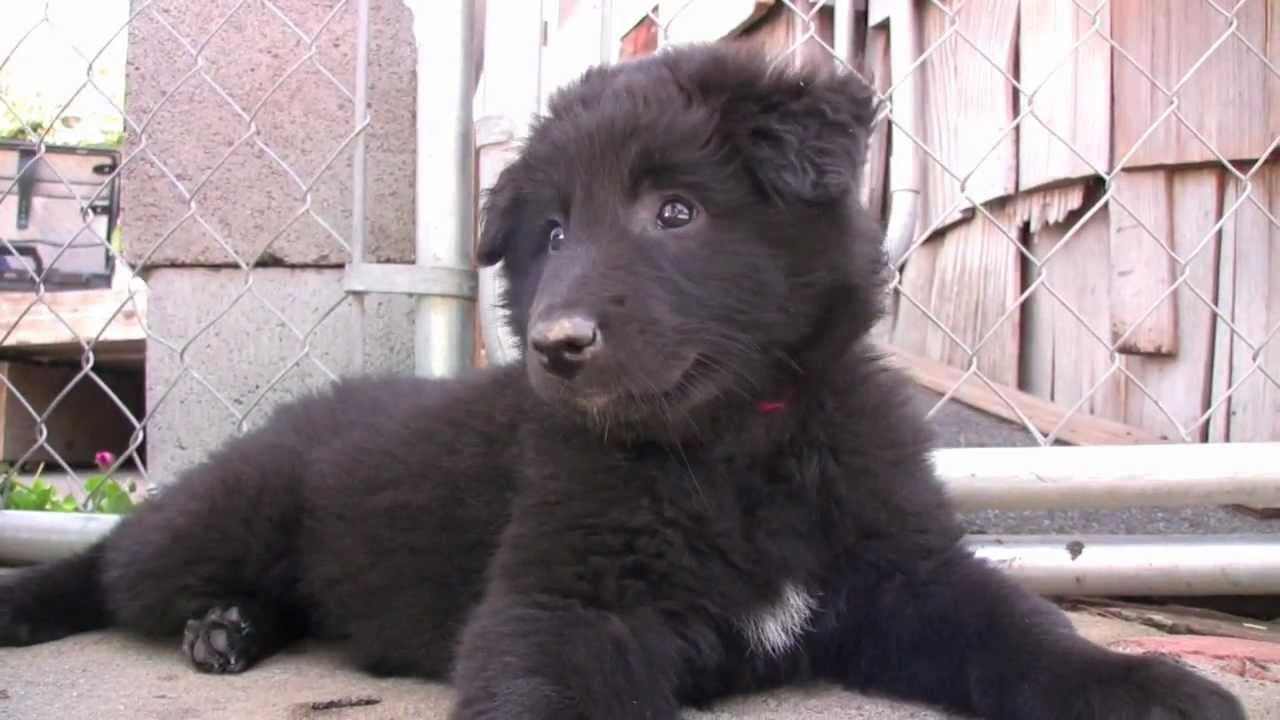
Whether you’re a prospective owner seeking valuable insights or an enthusiast reveling in the sheer cuteness of these bundles of joy, join us as we unravel the magic of Belgian Sheepdog puppies and delve into the intricacies of nurturing these exceptional canine companions.
Belgian Sheepdog Puppies: An Endearing Overview
The Belgian Sheepdog, one of four distinct Belgian breeds, is renowned for its devotion and intelligence. When the breed initially originated in the 1800’s, it was employed for a variety of fascinating purposes. They were fantastic herders, but they could also help with police pursuits and even convey messages because of their sharp minds! These days, this breed is excellent for showmanship and canine performance. It also makes a fantastic family dog.
This breed can be ideal for you if you’re searching for a first dog that is easy to train and gets along well with children and other animals. However, bear in mind that every home owning a Belgian Sheepdog needs a decent vacuum because of their long, thick fur.
Physical Appearance
Belgian Sheepdog puppies boast a distinct elegance, characterized by their long, lush double coat, often showcasing shades of black or rich fawn. Their striking, expressive eyes reveal an intelligence beyond their tender age, adding an extra layer of allure to their appearance. As these puppies grow, their athletic build becomes more apparent, promising a graceful and agile companion.
Intelligence and Trainability
Ranked among the most intelligent dog breeds, Belgian Sheepdog puppies exhibit a keen aptitude for learning and problem-solving from a young age. This inherent intelligence, coupled with their eagerness to please, makes them highly trainable. Whether you’re delving into basic obedience or advanced tricks, these puppies thrive on mental stimulation and the bond formed through positive reinforcement training.
Energetic and Playful Nature
Prepare for a lively and spirited companion when bringing home a Belgian Sheepdog puppy. Their boundless energy and playfulness make them well-suited for active families or individuals who enjoy outdoor activities. Regular exercise and interactive play sessions are essential to channel their exuberance and ensure a happy, well-balanced pup.
Socialization and Bonding
Belgian Sheepdog puppies form strong bonds with their human family members, displaying a natural inclination toward loyalty and protectiveness. Early socialization is crucial to expose them to various environments, people, and other animals, fostering a well-rounded and confident adult dog.
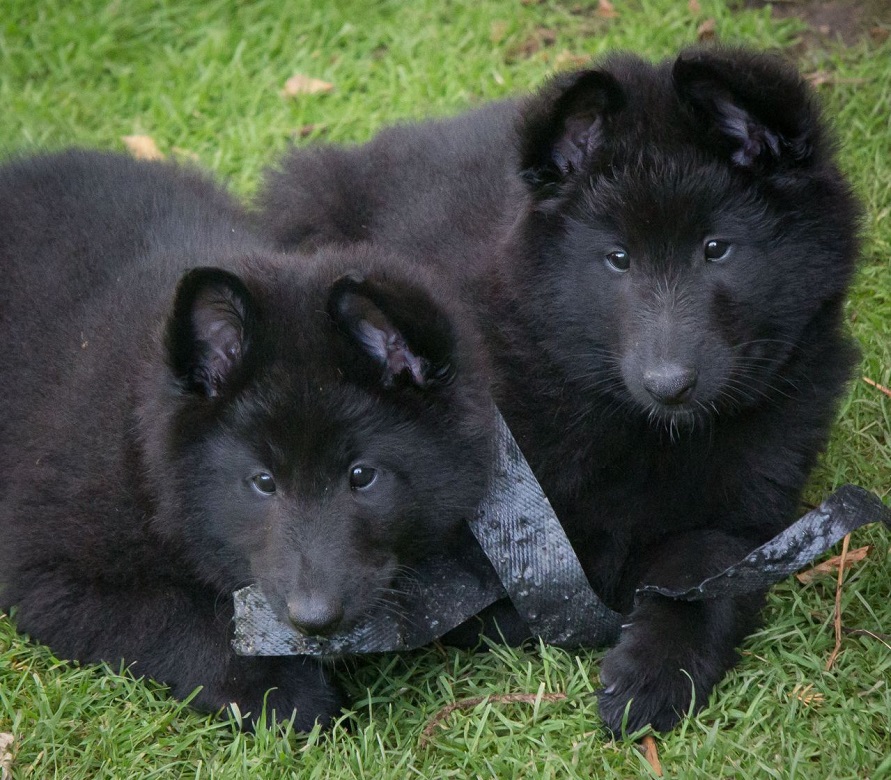
Training Tips for Belgian Sheepdog Puppies
First-time parents of Belgian Sheepdog puppies are frequently astounded by how rapidly these dogs pick things up, according to the BSCA. For this breed to acquire proper behavior, particularly when it comes to socializing with kids and other dogs, training is essential.
These puppies will benefit greatly from play, mental stimulation, and obedience instruction. This implies that training should always be enjoyable and upbeat.
Early Socialization is Key
Belgian Sheepdog puppies are known for their loyalty, but early socialization is crucial to ensure they are well-adjusted and comfortable in various environments. Expose them to diverse settings, people, and other animals to instill confidence and reduce the likelihood of developing anxiety or aggression issues later in life.
Positive Reinforcement for Obedience
Leverage their intelligence and desire to please by using positive reinforcement techniques. Reward good behavior with treats, praise, or playtime. Belgian Sheepdog puppies respond well to positive reinforcement, making the training experience enjoyable for both you and your puppy. Consistency is key, so establish clear commands and expectations from the beginning.
Channel Energy Through Purposeful Exercise
Belgian Sheepdog puppies are known for their energy and agility. Provide them with ample opportunities for physical exercise to prevent boredom and destructive behavior. Engage in activities like agility training, fetch, or even dog sports that tap into their natural abilities. A tired Belgian Sheepdog is a well-behaved one.
Interactive Mental Stimulation
Challenge their intellect by incorporating interactive toys, puzzle games, and training exercises that stimulate their minds. Belgian Sheepdogs thrive on mental engagement, and providing them with tasks that require problem-solving keeps them sharp and focused. Consider incorporating obedience training into everyday activities to keep their minds active.
Establish Leadership with Consistent Boundaries
Belgian Sheepdog puppies respect a strong leader, and establishing yourself as the pack leader is crucial. Set clear boundaries and rules from the beginning, ensuring consistency in enforcing them. Be firm but fair in your commands, and avoid rewarding undesirable behavior. A well-defined hierarchy will foster a trusting and respectful relationship between you and your Belgian Sheepdog.
Belgian Sheepdog Puppies Care
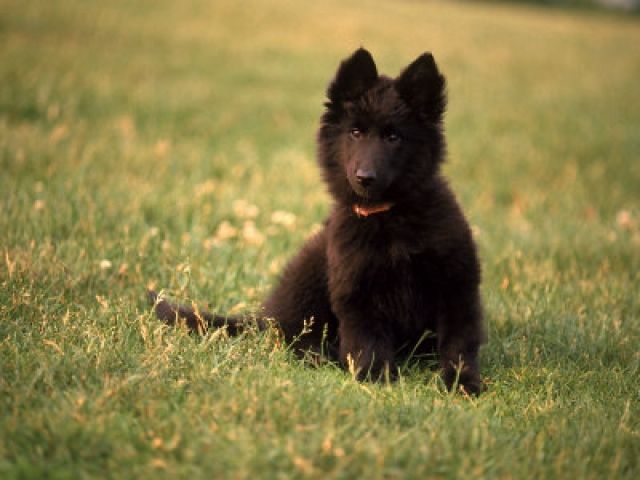
Caring for Belgian Sheepdog puppies involves a combination of attention to their physical health, mental stimulation, and emotional well-being.
Nutritional Tips: Choose a premium-quality puppy food that meets the specific nutritional needs of Belgian Sheepdog puppies. Look for options with balanced ingredients to support growth and development. Establish a consistent feeding schedule, typically two to three times a day for puppies. Avoid overfeeding to prevent obesity, which can be a concern for this breed.
Coat Grooming: Belgian Sheepdog puppies have a dense double coat that requires regular brushing to prevent matting and reduce shedding. Aim for at least two to three brushing sessions per week, and more during shedding seasons. Bathe your puppy as needed, typically every 6-8 weeks, unless they get particularly dirty. Use a mild dog shampoo to avoid skin irritation.
Exercise: Belgian Sheepdog puppies are energetic and require daily exercise. Engage in activities like brisk walks, playtime, or interactive games. Mental stimulation through obedience training and puzzle toys is also essential.
Health Care: Schedule regular veterinary check-ups to monitor your puppy’s overall health, vaccinations, and preventive care. Discuss a suitable vaccination schedule with your vet. Administer preventive medications for fleas, ticks, and worms as recommended by your veterinarian. In addition, establish a dental care routine, including regular teeth brushing and providing dental chews to maintain oral health.
Belgian Sheepdog Health Issues
Belgian Sheepdogs are typically healthy canines with an average lifespan of 12–14 years, though they are vulnerable to certain illnesses.
- Hip and Elbow Dysplasia: Dogs with elbow dysplasia and hip dysplasia have deformities in which a joint fails to form normally and becomes loose. Both have the potential to cause arthritis if neglected.
- If your pet exhibits symptoms like lameness or limping, an unusual stride, or a swollen joint, get a health screening from your veterinarian. Joint supplements, weight control strategies, and, in extreme cases, surgery, may all be part of the treatment plan.
- Sensitivity to the Anesthesia: Belgian Sheepdogs are susceptible to anesthesia due to their low fat-to-body ratio. Consult your veterinarian prior to any anesthesia-requiring operations, including as spaying or neutering, for your puppy.
- Progressive Retinal Atrophy (PRA): A group of genetic disorders known as progressive retinal atrophy cause abnormal development of the rods and cones in the eye, which can result in cataracts, loss of night vision, eyes that are more reflective in the dark, and eventually blindness. Although there is no known cure or treatment for PRA, dogs that are blind can live long and fulfilling lives if they receive the right care.
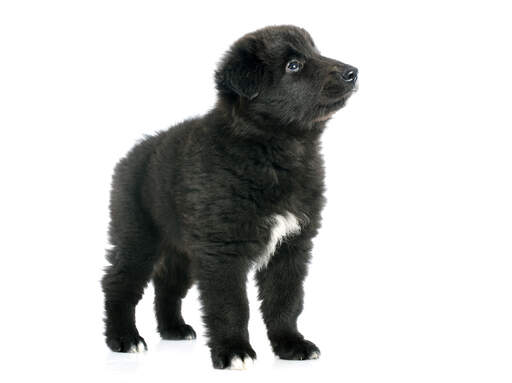
Conclusion
These intelligent and affectionate canines bring a distinctive blend of elegance and playfulness to households, making them cherished family members.
From the early days of puppy-hood, the importance of consistent training, socialization, and care becomes evident. Establishing a strong foundation through positive reinforcement techniques, regular grooming, and a balanced diet sets the stage for a well-rounded and well-behaved Belgian Sheepdog.
The commitment to providing ample exercise and mental stimulation is key, recognizing the breed’s energetic nature and high intelligence. Regular veterinary check-ups, preventive health measures, and a safe living environment contribute to the overall well-being of these remarkable puppies.
As your Belgian Sheepdog puppies grows into adulthood, the loyalty and devotion they exhibit are a testament to the strong bond formed through shared experiences, training, and mutual affection. With proper care, attention, and a commitment to meeting their physical and emotional needs, your Belgian Sheepdog will not only be a loyal companion but also a source of endless love and delight for years to come.
READ ALSO
- Belgian Tervuren Puppies: 5 Exclusive Characteristics and More
- The Charm of Bernese Mountain Dog Puppies: A Complete Guide to Their Adorable Antics
- A Complete Guide to Belgian Laekenois Puppies: From Fluff to Fabulous
- Wire Fox Terrier Puppies: Amazing Personality & Facts
- Redbone Coonhound Puppies: A Complete Guide to Raising the Perfect Hunting Companion
FAQs
Are Belgian sheepdogs good pets?
Belgian sheepdogs make excellent pets for the right homes. They thrive on loving companionship. Belgians instinctively display herding behavior such as chasing and circling, moving effortlessly for hours and nipping at people's heels.
Is a Belgian Sheepdog a German Shepherd?
The German shepherd is larger in both height and weight compared to the Belgian shepherd. The coat of the Belgian shepherd is longer and darker than the coat of the German shepherd. Finally, the German shepherd and the Belgian shepherd originated in different areas, as their namesakes suggest.
Can sheepdogs be aggressive?
Old English sheepdogs do best when given early socialization with both other pets and people. They can be somewhat dog aggressive, particularly the males. A rise in their popularity in the 1970s was not the best thing for the breed, and reputable breeders are working hard to restore the desired even temperament.



